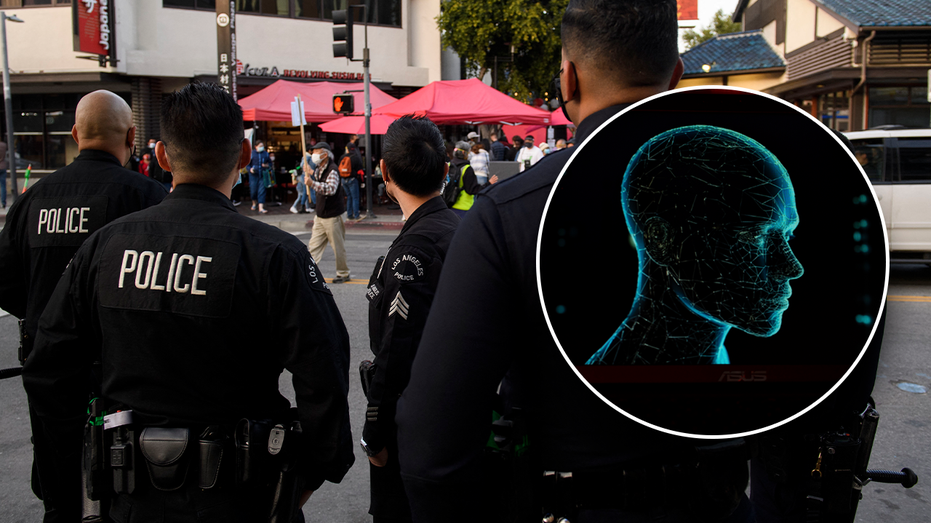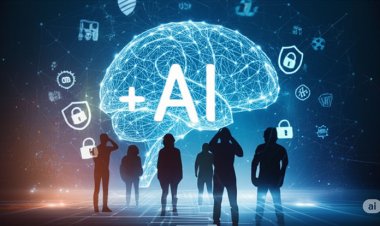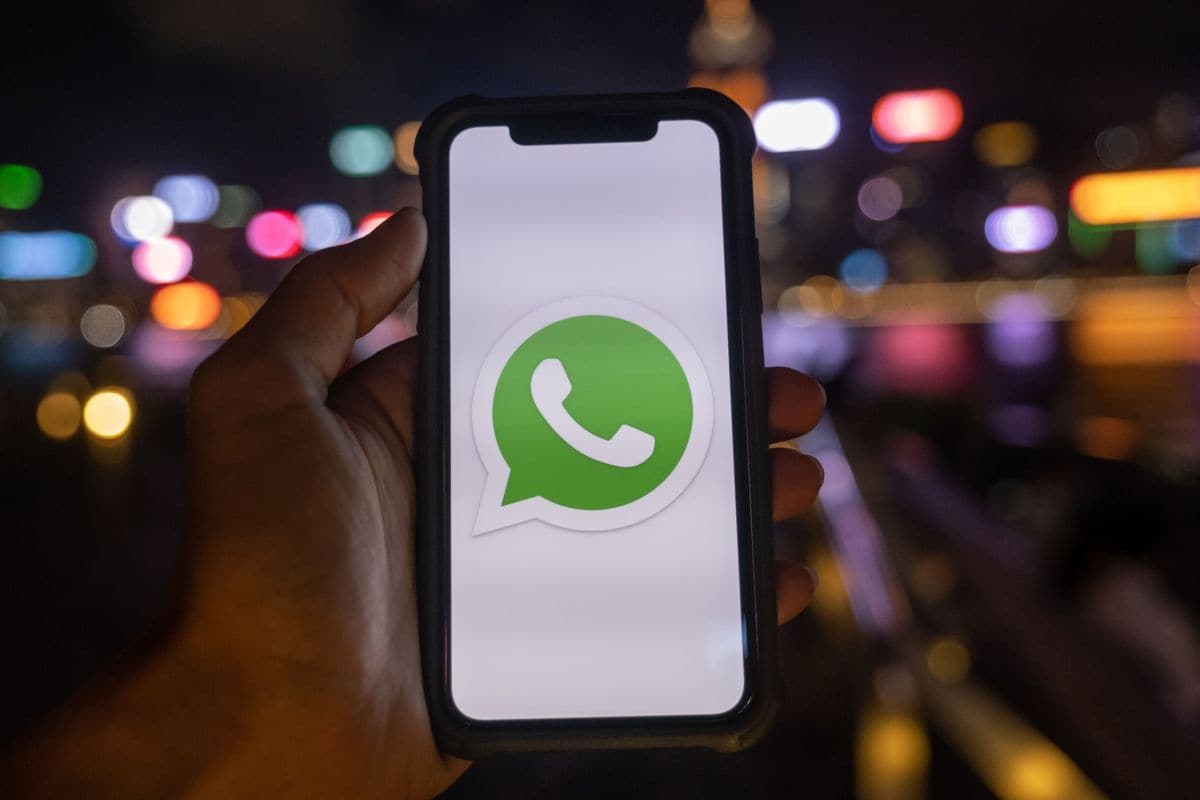AI to binge LAPD bodycam footage to weed out rude tone, aggressive language
Researchers at USC will leverage artificial intelligence to examine Los Angeles Police Department bodycam footage and determine if officer language escalates traffic stops.

Researchers in California will leverage artificial intelligence to study bodycam footage recorded by Los Angeles police to analyze whether officers escalated interactions with the public through their language or tone.
The Los Angeles Police Department (LAPD) on Tuesday announced the research initiative during the Board of Police Commissioners meeting. LAPD Cmdr. Marla Ciuffetelli said at the meeting the study will be used to help train future officers on how to best interact with the public while also promoting accountability, according to the Los Angeles Times.
"The Los Angeles Police Department is committed to leadership, quality through continuous improvement and public transparency and is forward-thinking in pursuit of training techniques and technologies that can assist us in achieving our goals," Ciuffetelli told Fox News Digital.
"With this project, the Department hopes to gain valuable feedback to benefit our training, policies and practices. This project also reflects our unwavering commitment to public transparency and accountability,"
Rudeness is one of the top complaints members of the public file against officers with the LAPD, despite recruits learning at the police academy that what they say to the public and how they say it is critical to de-escalating interactions, the L.A. Times reported.
Researchers at the University of Southern California will review footage from about 1,000 traffic stops over the next three years and establish parameters on interactions deemed appropriate by department policies and public feedback, and inappropriate interactions. The study will be aided by researchers from other universities including Georgetown and UC Riverside.
WHAT IS AI?
The researchers will then train an artificial intelligence system on these boundaries so it can run through the videos and pinpoint if an officer escalated an interaction.
"Even something as simple as, did the officer introduce themselves?" study author and USC professor Benjamin A.T. Graham told the Times.
Researchers will take the next six months to gather data for the study, which will then be followed by preliminary findings, Graham told the outlet. The researchers will take into account the location of the traffic stop, the driver’s race, and the officer’s rank and age when analyzing their findings.
WHAT IS CHATGPT?
Ciuffetelli said Tuesday at the commissioners meeting that the research would likely come out in four phases before the findings are eventually integrated in the department’s "training models." She did note, however, that it’s "hard to speculate what’s going to happen with the research until it’s done."
Machine learning "is in its infancy, but will undoubtedly become a profound element in officer training in the future," Ciuffetelli said.
The LAPD’s Inspector General’s office will be carrying out its own study on officer language during interactions with the public, the Times reported.
The use of AI at police departments is not a new initiative, with departments across the nation already using facial recognition to help nab suspects — though the use of the tech has been hit with lawsuits and accusations of racial profiling.
A handful of other police departments in the U.S. are using AI to specifically review bodycam footage, including in Ann Arbor, Michigan. The department announced earlier this month it would use an AI system to spot incidents such as use of force or monitor officer language to automate supervision and help bolster accountability.






















